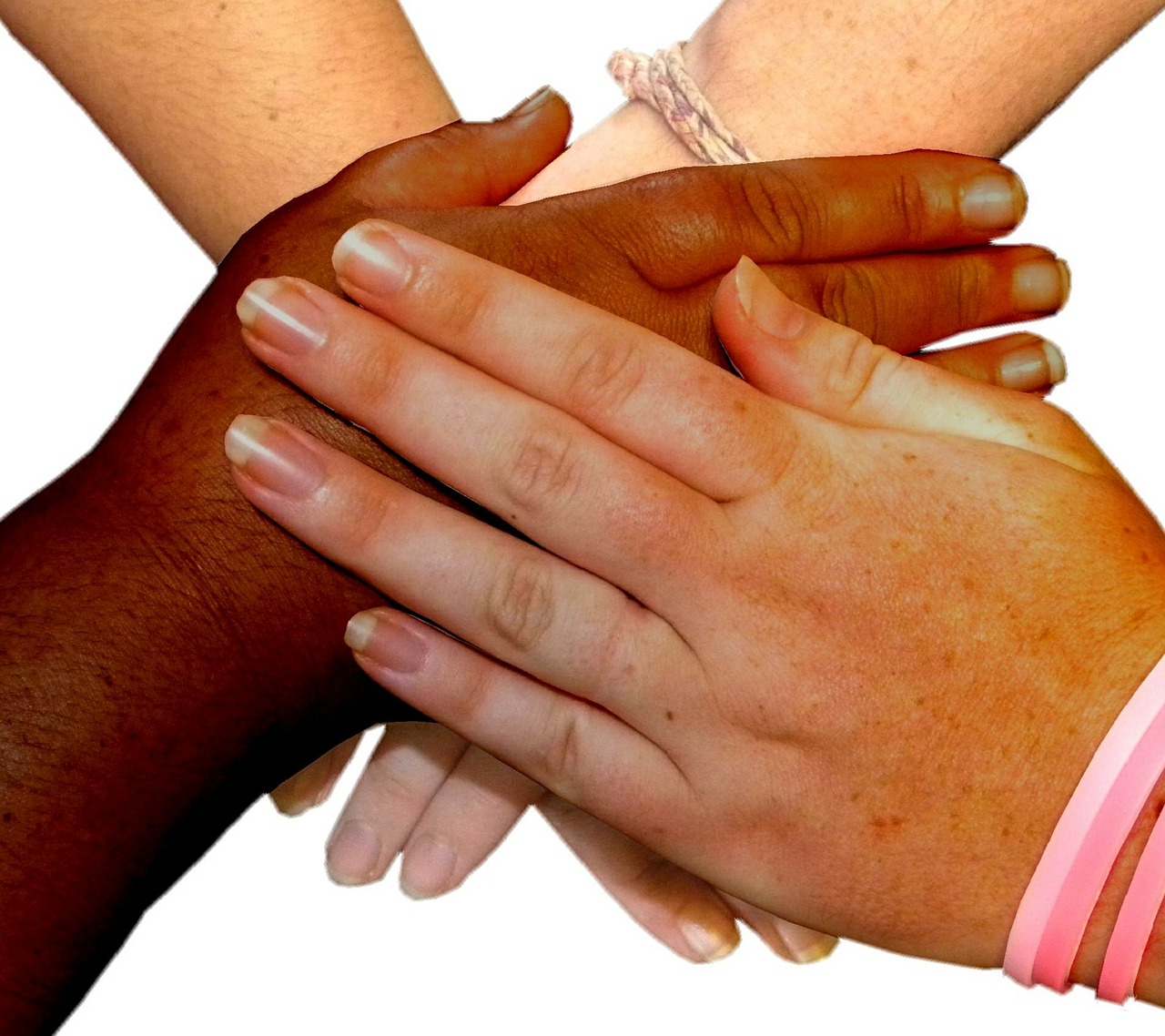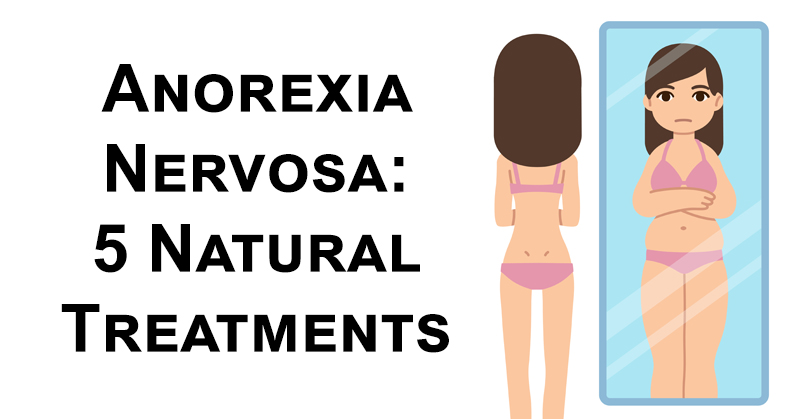Anorexia nervosa is an eating disorder categorized by abnormally low body weight. And while anorexia nervosa causes can vary, the disorder is often accompanied by an intense fear of gaining weight. In severe cases, it can lead to death, which is why it’s important to take steps towards recovery as soon as possible.
Anorexia nervosa causes someone to eat fewer calories than the body needs in order to function correctly. As such, many health problems can develop as a result. Most people are aware of at least one of the common anorexia nervosa symptoms, such as dramatic weight loss. But if you know what other anorexia nervosa symptoms to look for, you’ll be better prepared to handle it before it becomes a more severe problem. As it isn’t really about food, an appropriate anorexia nervosa treatment will involve some form of mental health therapy and other social support structures. (1) In short, anorexia nervosa treatment includes getting to the root of the problem.
Exactly what that means will be different from person to person. This is why it’s very important to seek out a mental health professional you can trust. They will be able to give you specialized attention that will prove helpful for pinpointing the root causes of your distress. They may also be able to refer you to other medical professionals that can provide you guidance for any other ailments you may have as a result of your anorexia.
Depression, dizziness, and thinning hair are symptoms of anorexia. Other symptoms include heart rate changes, dry skin, and frequent feelings of being cold. For women, a common symptom of anorexia nervosa is changes in menstruation. (2) What causes anorexia usually isn’t one single thing, but overlapping factors. These factors might be upbringing, social pressure, and coexisting mental disorders. (3)
And it can be a long road to recovery for those who suffer from anorexia. But with the support of counseling, family members, and friends, recovery is possible.
Here are 5 natural treatments for anorexia nervosa:
1. Cognitive Behavioral Therapy
Cognitive behavior therapy is one method of treatment for anorexia. With CBT, those who suffer from anorexia can start to recognize thought patterns. These thought patterns might be related to low self-worth, the need for control and appearing “attractive” to other people. (4)
Studies have found that CBT greatly reduces relapse risk. It also increases the likelihood of good outcomes in recovery. This is in comparison to nutritional education and food exchanges alone. (5)
Websites like Psychology Today will often have a database of mental health professionals in your area that provide CBT. Many will accept various forms of insurance as forms of payment and some may even offer a sliding scale fee platform that adjusts based on your income if you happen to be uninsured.
Don’t be afraid to try more than one therapist before you settle on one that you’d like to work with. You’ll need to be able to trust this person enough to open up about some deep-rooted challenges, so don’t rush into choosing one.
Many cities also have 24-hour mental health phone lines that you can call. These can be a great resource for not only getting help in that moment, but also for bouncing ideas about your hunt for a therapist off the person on the other end of the call.
Many of the people who work at these phone centers are therapists that volunteer in their spare time, so they’ll know a thing or two about the topic at hand.
2. Help from a Dietitian or Nutritionist

A dietitian or nutritionist can help those suffering from anorexia. They do this by offering guidance and support in consuming a healthy diet. This will prevent physical symptoms from worsening. (6)
A nutritionist will also be able to look at your case specifics and recommend a diet based on what nutrients you’re lacking.
Some cases require hospitalization. Sometimes the patient will be force-fed. This is to ensure he or she is getting enough food. Patients may also be monitored for improvement in health markers and coping skills. (7)
3. Support from Family and Friends
A good social support system can be a huge help in overcoming an eating disorder. Family and friends can help the patient rebuild relationships. Additionally, they might help teach the patient independence. But they can also be there to offer compassion and empathy. (8)
Of course, in some cases, people with anorexia and other mental illnesses may not want to be fully open about their struggles with their family members or friends, for whatever reason. And that’s okay too! Hopefully, you’ll be able to find friends and family members who offer you support yet still give you the space you need to recover and be comfortable.
4. Joining an Ongoing Support Group

A helpful recovery tool might be joining a support group. This can be done either online or in person. Such a group could help someone who suffers from anorexia to feel like they’re not alone. They build a sense of community and are able to be vulnerable in a safe setting.
Encouragement from those going through the same thing is an extremely valuable part of recovery. (9)
This point is great for those who aren’t comfortable opening up about their anorexia to those immediately around them. In many online recovery groups, you can share as little or as much about yourself as you’d like.
5. Increasing Self-Worth

The road of recovery can include other activities that relieve stress and build confidence.
Incorporate activities such as a hobby or artwork. You might also try spending more time in nature. Meditation and yoga are also good choices. Or try keeping a journal. The journal should include lists of positive traits that go beyond physical appearance. (10)
Increasing your self-worth is a long-term goal that you’ll achieve through all the other points on this list as well.
Remember – you don’t have to do this alone. In fact, you may find the road to recovery becomes much easier when you enlist the help of a mental health professional who can provide you guidance and a solid outside opinion regarding your case.


